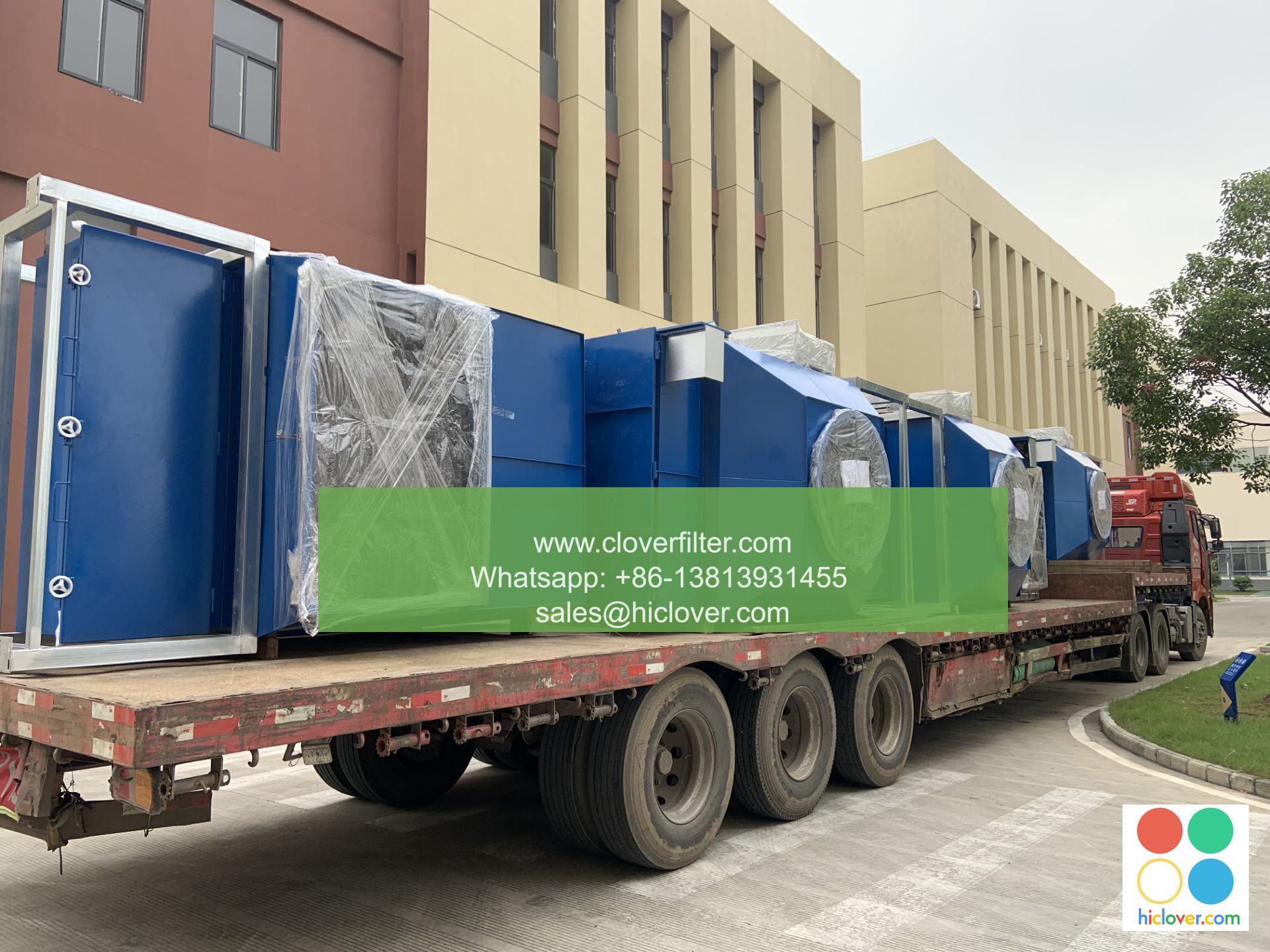Designing Air Filters for Specific Industries: Challenges and Opportunities

Designing Air Filters for Specific Industries: Challenges and Opportunities
In today’s industrial landscape, air filtration plays a crucial role in maintaining a clean and healthy environment. As industries continue to evolve, the demand for effective air filtration solutions grows, presenting both challenges and opportunities for designers and manufacturers. In this article, we’ll explore the unique requirements of various industries and discuss the challenges and opportunities in designing air filters for specific industries.
Challenges
- Particle Capture: Air filters must capture a wide range of particles, from 0.1 to 100 microns, depending on the specific application. This requires a deep understanding of particle type, size, and density.
- Gas and Particle Interactions: Industry-specific gases, such as ammonia, hydrogen peroxide, and formaldehyde, can interact with particles, affecting filter performance and lifespan.
- Operating Conditions: Industrial processes can generate high temperatures, humidity, and pressure, which can alter filter performance and longevity.
- Maintenance and Cleaning: Filters may require rigorous cleaning and maintenance to ensure optimal performance, which can be time-consuming and costly.
Opportunities
- Customization: Designing filters for specific industries allows for tailored solutions that address unique challenges and requirements.
- Increased Efficiency: Optimized filter design can improve airflow, reduce energy consumption, and extend equipment lifespan.
- Certifications and Compliance: Meeting industry-specific regulations and standards, such as OSHA and EPA guidelines, can enhance reputation and customer confidence.
Application Areas
- Medical and Pharmaceutical: Air filter design for medical facilities requires attention to particle capture, sterilization, and containment of airborne pathogens, contaminants, and allergens.
- Manufacturing and Processing: Large, heavy-duty air filters are often needed to capture particles, dust, and fumes in industries like aerospace, automotive, and construction.
- Food and Beverage: Filters for food processing, brewing, and winemaking must be designed to remove particles, bacteria, and contaminants, while meeting exacting quality and hygiene standards.
- Oil and Gas: Filters for this industry must be designed to capture condensate, oil, and dust, while withstanding harsh operating conditions.
Key Word: Advanced Materials and Technologies
To overcome the challenges and seize the opportunities in designing air filters for specific industries, researchers and manufacturers are developing:
- Advanced filter media: Incorporating new materials, such as nanofibers, nanomaterials, and ionic liquids, to enhance particle capture and adsorption.
- Intelligent control systems: Employing sensors, software, and automation to monitor and adjust filter performance, maintenance, and cleaning schedules.
- Combination technologies: Integrating multiple technologies, such as HEPA, activated carbon, and UV, to provide enhanced air purification and contaminant removal.
Designing air filters for specific industries demands a deep understanding of the unique challenges and opportunities presented by each sector. By embracing innovative materials and technologies, manufacturers can create customized solutions that meet the specific needs of each industry, improving efficiency, compliance, and overall performance. As the demand for effective air filtration solutions continues to grow, designers and manufacturers must adapt and innovate to meet the evolving needs of diverse industries.
It appears you’d like to have a conversation! What’s on your mind? Do you have a specific topic in mind, or is it just a random brainstorming session? Let’s chat!


